Which of the following are SN2 reactions-




The correct Answer is:A, C
Topper's Solved these Questions
- HALOAKANES AND HALOARENESBOOK - CHHAYA PUBLICATIONCHAPTER - HALOAKANES AND HALOARENESEXERCISE - Exercise - very short answer type questions
52 Videos
- HALOAKANES AND HALOARENESBOOK - CHHAYA PUBLICATIONCHAPTER - HALOAKANES AND HALOARENESEXERCISE - Exercise - Fill in the blanks
19 Videos
- HALOAKANES AND HALOARENESBOOK - CHHAYA PUBLICATIONCHAPTER - HALOAKANES AND HALOARENESEXERCISE - MCQ Hotspot (Single correct type)
42 Videos
- GENERAL PRINCIPLES AND PROCESSES OF ISOLATION OF ELEMENTSBOOK - CHHAYA PUBLICATIONCHAPTER - GENERAL PRINCIPLES AND PROCESSES OF ISOLATION OF ELEMENTSEXERCISE - PRACTICE SET 6
10 Videos
- HYDROCARBONSBOOK - CHHAYA PUBLICATIONCHAPTER - HYDROCARBONSEXERCISE - PRACTICE SET 13
16 Videos
Similar Questions
Knowledge Check
Which of the following is an SN2 reaction:-
ACH3CH2Br+KOH→CH3CH2OH+KBrBCH3CH2Br+CH3CH2ONa→CH3CH2OCH2CH3+NaBrC(CH3)3CBr+KOH→(CH3)3COH+KBrDCH3−CH2−CH3∣C∣CH3−Br+KOH→CH3CH2−CH3∣C∣CH3−OH+KBrWhat is the product of the following SN2 reaction ?
 .A
.A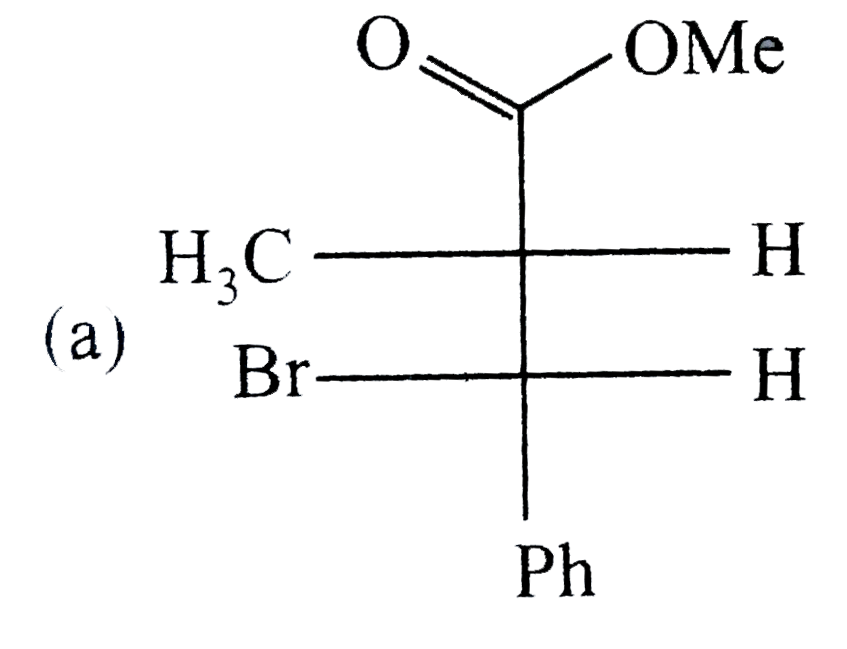 .B
.B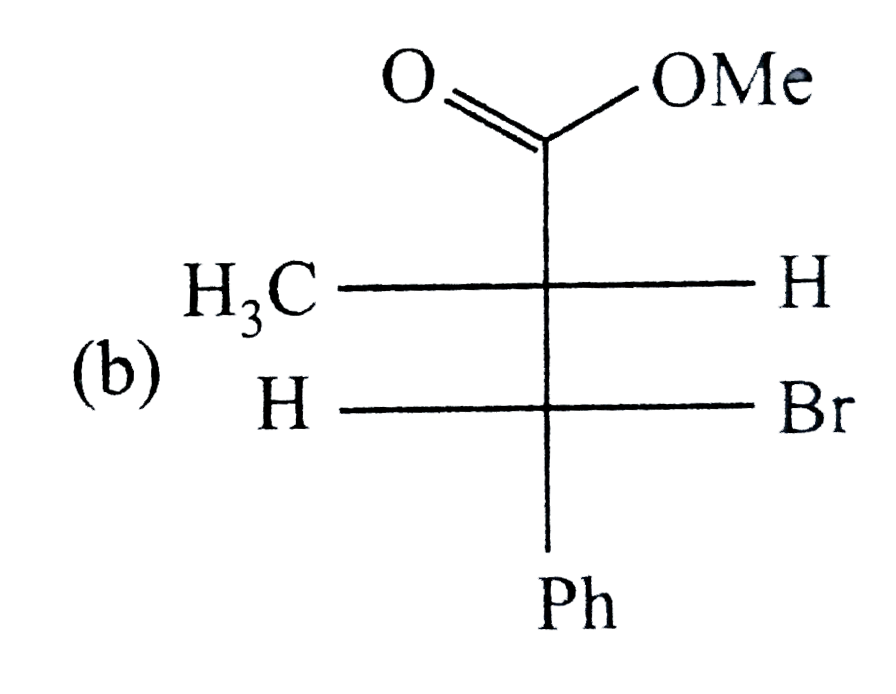 .C
.C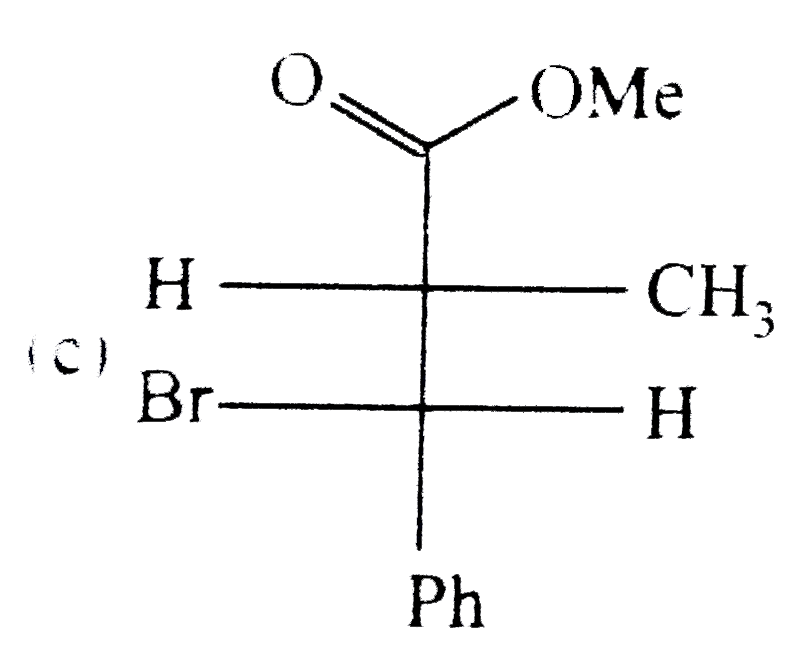 .D
.D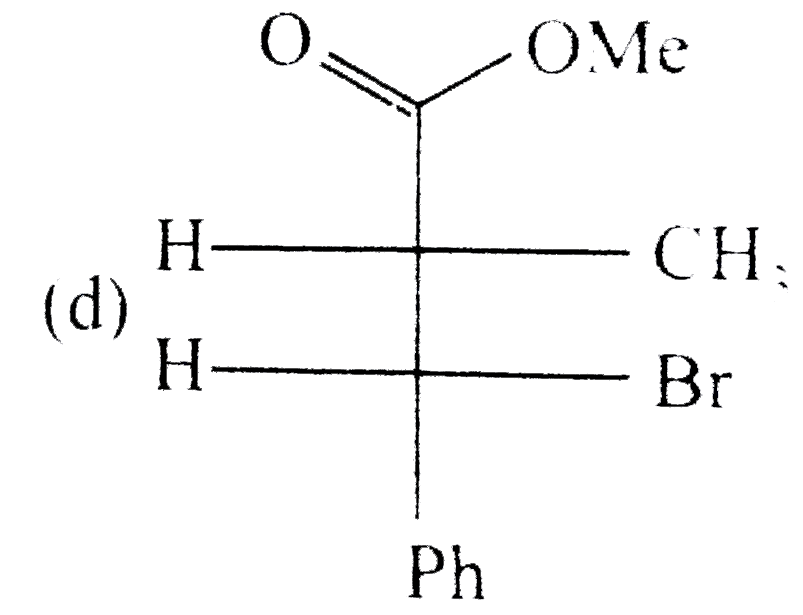 .
.Aliphatic nucleophilic substitution is mainly of two type SN1 and SN2.SN2 reaction proceed with strong nucleophile in polar aprotic solvent. 3∘ halides do not give SN2 reaction. Inverted products are obtained in this reaction and mechanism of reaction occurs through the formation of transition state.
SN1 reaction proceed through the formation of carbocation in polar aprotic solvent. Solvent itself acts as nucleophile in this reaction. Racemization takes place in SN1 reaction.
Which one of the following will give SN2 reaction ?AH3C−CH3∣C∣CH3−ClB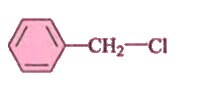 C
C DH2C=CH−Cl
DH2C=CH−Cl
In the following SN2 reaction
_S01_421_Q01.png)
View SolutionWhich of the following does not show SN2 reaction?
View SolutionWhat is the product of the following SN2 reaction ?

View SolutionTransition state is accompanied by the formation of which of the following species in SN2 reaction ?
View SolutionAliphatic nucleophilic substitution is mainly of two type SN1 and SN2.SN2 reaction proceed with strong nucleophile in polar aprotic solvent. 3∘ halides do not give SN2 reaction. Inverted products are obtained in this reaction and mechanism of reaction occurs through the formation of transition state.
SN1 reaction proceed through the formation of carbocation in polar aprotic solvent. Solvent itself acts as nucleophile in this reaction. Racemization takes place in SN1 reaction.
Which one of the following will give SN2 reaction?
View Solution
